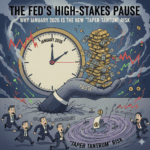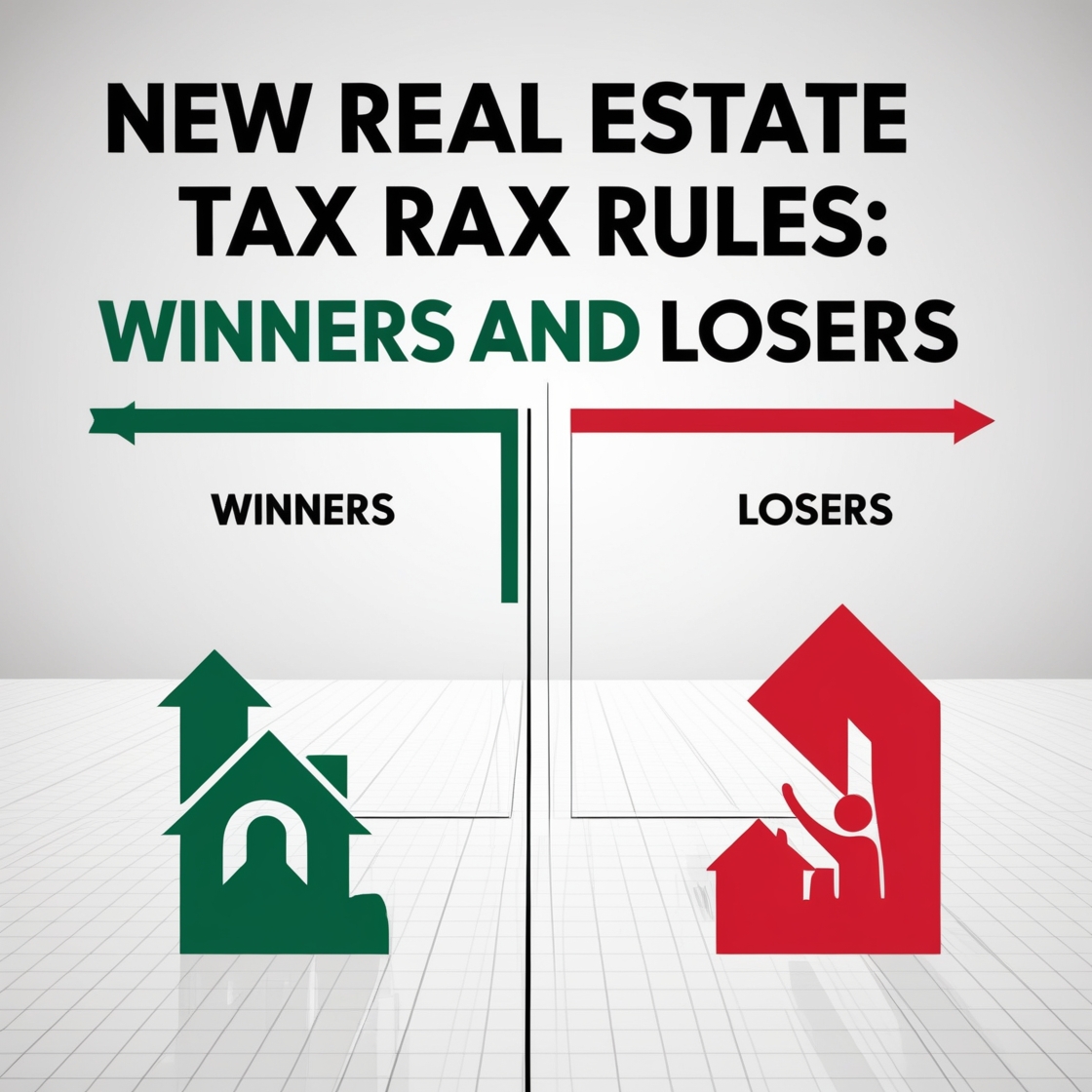The recent changes to the real estate tax rules have stirred significant discussion among homeowners and investors. The Union Budget 2024 introduced modifications that have left many wondering whether they will benefit or face a heavier tax burden. Here, we delve into the details and analyze the impact of these new rules on different property owners.
Overview of the New Real Estate Tax Rules
The central government announced key changes to the real estate taxation structure in the Union Budget 2024. The main adjustments include a reduction in the long-term capital gains (LTCG) tax rate from 20% to 12.5% and the removal of the indexation benefit. These changes aim to simplify the tax regime but have led to mixed outcomes for taxpayers.
Impact on Homeowners: A Detailed Analysis
To gauge the effects of the new tax rules, Moneycontrol analyzed 20 scenarios across six localities, comparing the old and new regimes. The findings reveal that in 14 scenarios, homeowners face an increased tax burden, while in 6 scenarios, they benefit from the new rules.
Increased Tax Burden Scenarios
Properties Purchased in 2011:
Homeowners in Koramangala, Bengaluru, will face a 69% higher tax if they sell now. For instance, a property bought for Rs 99 lakh in 2011, now valued at Rs 2.52 crore, would see the tax increase from Rs 11 lakh to Rs 19 lakh under the new regime.
In Bandra (West), Mumbai, a property purchased in 2011 would shift from a capital loss of Rs 15 lakh under the old rules to a capital gains tax of Rs 59 lakh under the new regime.
Properties Purchased in 2016:
A home in Greater Kailash, South Delhi, would see a 150% increase in tax liability, from Rs 20 lakh to Rs 50 lakh.
Similarly, a Defence Colony property would also experience a 150% hike. However, a Vasant Vihar homeowner would face a 66.7% increase, paying Rs 50 lakh instead of Rs 30 lakh, thanks to higher property appreciation rates.
In Koramangala, Bengaluru, the additional tax is comparatively lower at 25%, due to significant property price appreciation.
Beneficial Scenarios Under the New Rules
Older Properties from 2001:
Properties bought in 2001 generally benefit from the new tax regime. For example, a Greater Kailash home would see a 23% reduction in tax.
Defense Colony and Vasant Vihar properties show similar trends, with taxes reduced by 23% and 22%, respectively.
In Koramangala, the tax reduction is about 8.7%, while Bandra shows a slight increase of 9.5%.
Capital Loss to Capital Gains in Bandra:
Data indicates that Bandra homeowners, who previously faced capital losses, would now encounter capital gains tax in 3 out of 4 scenarios. For instance, a Bandra property bought in 2011 would have incurred a tax loss of Rs 15 lakh under the old rules, but now faces a Rs 60 lakh tax under the new regime.
A 2016 Bandra property would shift from a Rs 51 lakh loss to a Rs 12 lakh gain in tax terms under the new rules.
Key Takeaways
Property Appreciation Rates matter.
The new tax regime benefits properties that have appreciated more than 10% CAGR since purchase. The higher the appreciation, the lesser the additional tax burden.
Variation Across Localities:
For 2016 purchases, properties in Greater Kailash and Defense Colony saw a 5.2% CAGR, leading to a 150% tax increase. In Vasant Vihar, with a 6.1% CAGR, the tax hike is 66.7%. Koramangala’s 7.2% CAGR results in a 25% tax increase.
Slower appreciation in Bandra, at 10% since 2016, significantly impacts homeowners, leading to higher tax liabilities without the benefit of indexation.
Conclusion
The new real estate tax rules present a mixed bag for homeowners. While some benefit from reduced tax rates, others face higher liabilities due to the elimination of indexation benefits. Understanding the specific impact on individual properties requires careful consideration of purchase dates and appreciation rates. Homeowners should evaluate their situations and consult with tax professionals to navigate these changes effectively.
The original article was published by Moneycontrol.















